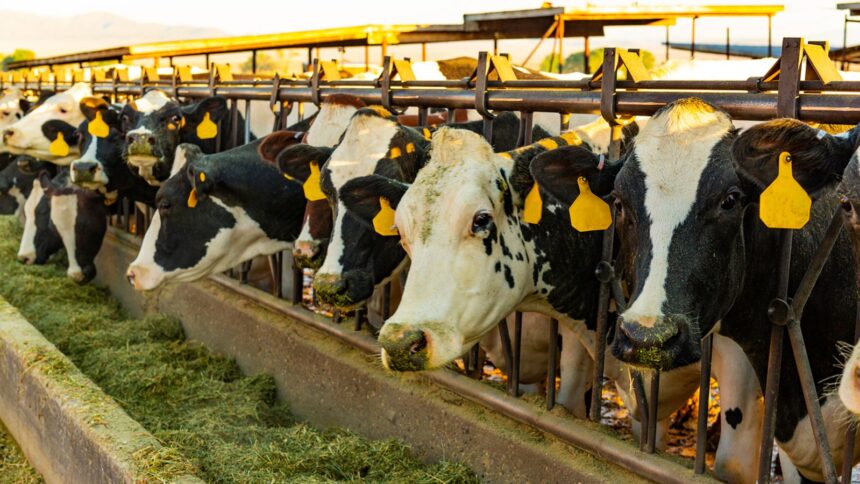More than 100 farms across 12 states have verified cases of the H5N1 virus, which is more frequently detected in birds. Pasteurized milk from supermarket shelves has been found to contain inactivated pieces of this strain.
Thus far, four individuals who work with animals have contracted the virus; however, their symptoms were moderate, and they did not infect anyone else.
According to a thorough investigation conducted by researchers at the University of Wisconsin-Madison in the US, virus samples obtained from cows were able to bind to receptors on human respiratory tract cells.
The inability of the bird-borne H5N1 strain to accomplish it suggests a mutation in the bovine virus.
Subsequent examinations conducted on ferrets, which are frequently employed in influenza studies, revealed that the cow virus was difficult to breathe in.
But according to Dr. Ed Hutchinson of the University of Glasgow Centre for Virus Research and the Medical Research Council, there are still “reasons to be concerned.”.







